Oops: Let’s talk about our great f*ck ups!
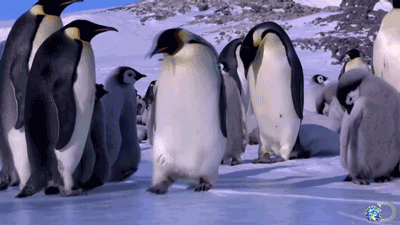
She refuses to get her grades as a way of provoking the anti-fail culture, and he wants everyone to talk openly about their mistakes to make them more acceptable. CBS student, Mathilde Andersen and PhD Fellow at CBS, Thomas Burø are part of a team organizing the Oops! Festival – a festival devoted to f*ck ups, fat-finger errors and failures in mid-November.
Failure. It’s a premise for life. Think about it. We didn’t learn how to walk in the blink of an eye, learn the concepts of math in one day, or just get the hang of life in a week. We fail, and we fail often. But something has changed when it comes to failure.
So say Mathilde Andersen, CBS student, and Thomas Burø, PhD Fellow at the Department of Organization. Together they are part of a team organizing the Oops! Festival – an event in praise of failure, which aims to investigate the nature of failure and how we can comfortably talk about it. (See fact box)
“It’s easy to fail, but when we talk about our failure, it is often with shame and guilt,” says Thomas Burø about the motivation for devoting a festival to failure and continues:
“At universities, CBS included, we talk a lot about excellence, both for students and academic staff. But not everything we do is excellent, and we can’t always be faultless top performers. The failure seems to have lost its value, and it has almost become unacceptable to fail. We need to get a more nuanced perspective on failure if we don’t want to risk killing curiosity.”
At the festival, which runs from November 16 to 18, different artistic performers and lecturers will give their input to describing what failure is, how it’s viewed, and how to cope with it. After each lecture or performance, the audience is given time to talk about what they just experienced and maybe gain the courage to talk about their own failures and mistakes.
I feel that there is a need to talk openly about mistakes and failure at CBS
Mathilde Andersen
Because we need to talk about when we fail, says Mathilde Andersen who studies HA Pro. which requires a grade point average of 11.3 to get in. Not much room for failure there.
“Failure is taboo. But paradoxically, failure is a condition for learning,” she says and explains that she thinks her generation has got a convoluted relationship to failure.
“I feel that there is a need to talk openly about mistakes and failure at CBS. There is a culture of anti-failure, and if you fail you blame the surroundings. You were sick, or the censor was stupid. You have to be excellent at everything the first time you do it, otherwise you might as well just quit,” she says.
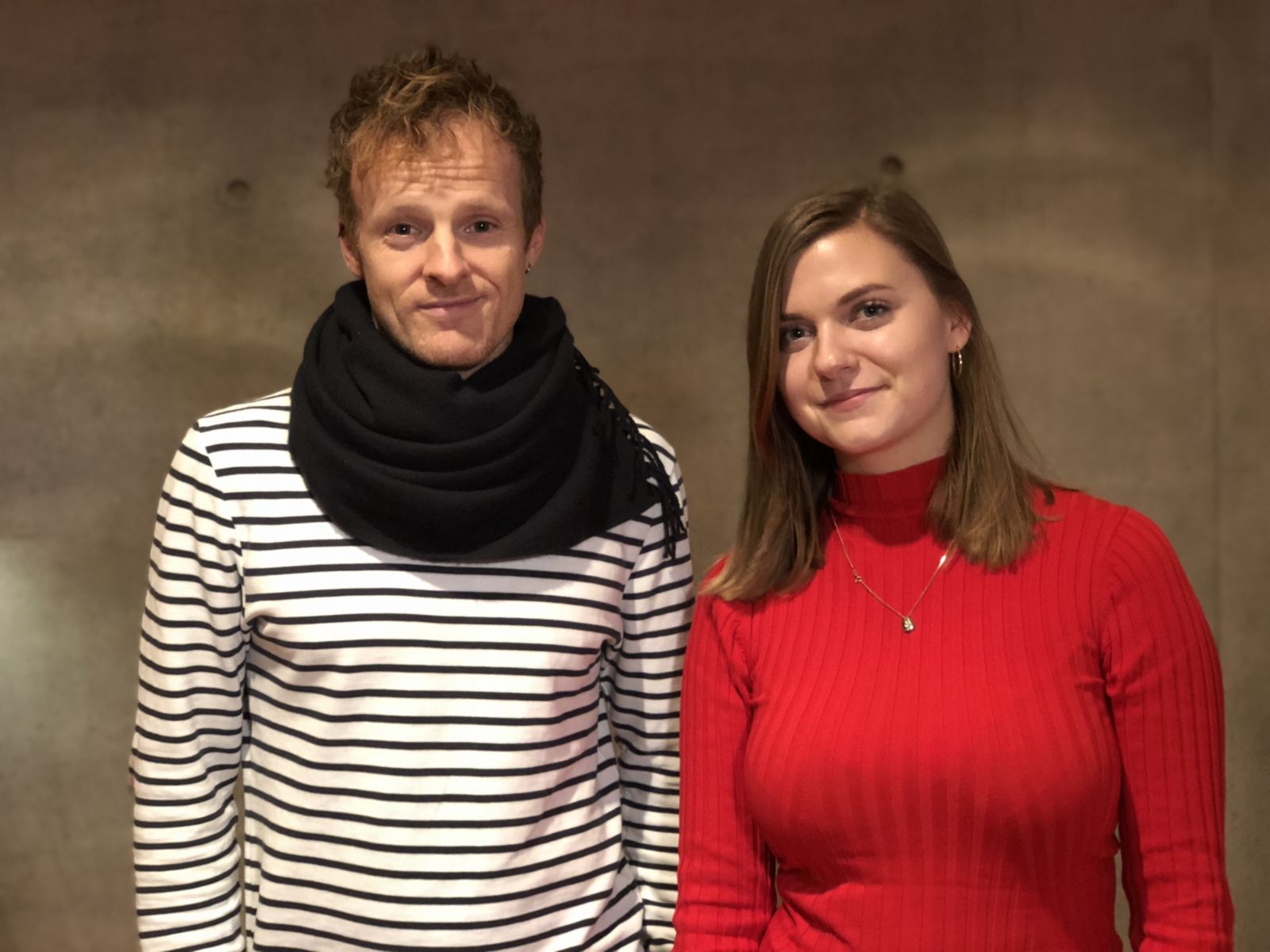
But Mathilde Andersen is not buying into this. She didn’t want to be ‘Mathilde with the high grades’ when she started her studies about 1.5 years ago. So she made a drastic choice.
Provoking the anti-failure culture
Most new students are probably super excited about what they are going to learn during their time at university. Mathilde Andersen was. But the grades were getting in the way of her learning process. So, she decided to opt out on grades. For good!
“When I get grades for written assignments and exams, I ask other students check them, and just tell me whether I passed or not. For oral exams, I specifically ask my teacher and censor only to give me the feedback. No grade,” she says and continues:
“I know it’s a provocative move. But all I want to do is learn, and I don’t learn anything from a single digit.”
Most of Mathilde Andersen’s fellow students give her credit for choosing not to get her grades, but say that they wouldn’t do it themselves. They are too curious, they say.
But curiosity is exactly what is at stake if we are too focused on the grades, argues Thomas Burø.
“A classic question from the students I supervise is, ‘What can I do to get a 12?’ I tell them that I want them to be led by curiosity. That is no guarantee for success, I know, but I have seen great projects come out of pure curiosity. And then I tell them to have faith in the process, as that is where they learn the most. Failure or not,” he says.
Thomas Burø wants students to understand that failure is not all bad. Failure and mistakes always add – other than a few minutes, hours or weeks of irritation – something valuable.
“The aviation industry is a perfect example of an industry that works with mistakes and failure differently,” he says and continues:
“Every aircraft is equipped with a black box that records every mistake. In this way, the aviation industry admits mistakes and brings them out in the open. Without this, we wouldn’t be able to make improvements.”
Who told you what perfect is?
Encouraging students to take risks with the possibility of failing during their studies is a tough task. This would mean that the students would have to break away from the established culture. Like Mathilde Andersen did.
Therefore, I ask Mathilde Andersen and Thomas Burø about their thoughts on how we ended up having an anti-failure culture in the first place.
I try to embrace the mistakes I make and see what happens
Thomas Burø
“I’ve been told that if I fail, just once, everything that I have worked for could be destroyed. If I choose the wrong education or don’t succeed in getting good enough grades in high school, it can have huge consequences,” says Mathilde Andersen.
Thomas Burø cuts in.
“But who told you that? Probably no one in particular,” he says and continues:
“We are given a lot of different views on how to do things right. What to eat, what to wear, what to look like, what to work with, where to travel and so on. And all these signals are interpreted by each of us individually in a way that makes us think that if we don’t live up to this, we have failed.”
Mathilde Andersen and Thomas Burø know each other from Vallekilde Højskole. So when Mathilde Andersen began her studies at CBS, Thomas Burø asked her if she wanted to join the Oops Festival team, along with other students from CBS.
At Vallekilde Højeskole, Thomas Burø experienced that the students were quite similar to each other.
“Most of them had been on a trip to Asia, or done voluntary work, or something similar. It was mostly the same kind of thing. And suddenly, after having done two maybe three sabbatical years, they had a sense of having to defend that choice and justify why they had not completed their degree in time,” he says and reflects:
“I have no clue how we got to this point, but I guess one words sums it up: konkurrencestaten.”
My great mistake
I ask why they think people should go to the Oops! Festival, and Thomas Burø replies:
“It’s good for your soul, you expand your horizons, and it’s just fun to hear about other people’s mistakes and f*ck ups.”
Mathilde Andersen and Thomas Burø both claim that it has become even more complicated to talk about our mistakes and failure, and they want to change that. So, obviously I ask them to tell me about some of their mistakes.
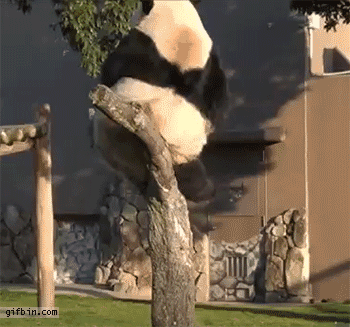
They take a minute to think.
Thomas Burø begins.
“I was a lousy student back in high school. I got good grades, but I don’t remember anything other than playing music and drinking beer,” he starts.
“After high school, I didn’t use my grades for anything, and I didn’t pursue the life of a professional musician by applying to the music academy. I just ended up doing a bit of this, a bit of that, and I have considered that as a big mistake in my life. But what I think of as failure has led me to CBS and doing a PhD, and I’m super happy about that.”
Thomas Burø has organized a lot of cultural events. Most of them a success – some of them, not.
“I once organized a concert at Vega. A huge part of the performance was a dervish dancer who would take center stage. It was a Saturday afternoon when the band arrived and they looked at me and said, ‘There’s no dance vinyl on the stage. We can’t perform,’” he recalls and continues:
“I had completely failed to consider what all dancers take for granted – dance vinyl – so I had to find someone on a Saturday afternoon who had some we could borrow. Otherwise we would have had to cancel a sold out concert. In the end, we managed. It cost me a bottle of whiskey, a bunch of owed favors, and an extremely stressful concert production.”
I have become more fearless, as I know it’s okay to fail, and tomorrow is another day
Mathilde Andersen
I look at Mathilde Andersen, who had a little more time to think of an example. And at first, it’s a little hard to come up with something.
“I can’t come up with anything. Maybe I have repressed my great mistakes. But on the other hand, I think I have lived my life in a way that has prevented me from failing on a large-scale,” she says.
But then she gives it a second thought.
“I don’t cook a lot of food, so most of my mistakes are in that area. But for every mistake, I get a bit better at cooking food. At least I know what NOT to do,” she says and gives an example.
“Once I had to cook dinner for my roomies at my dormitory. I wanted to cook risotto, but was so focused on the dinner having to be ready for a specific time, it was done way too early and had become this sticky and gooey mass before it had to be served,” she says and continues:
“I learned to pay attention to cooking dishes that are ready by a specific time.”
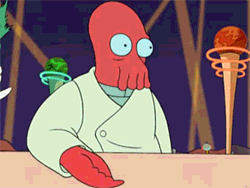
Mathilde Andersen lists a number of mistakes, most of them in the category of culinary accidents and fat-finger errors. One of them is a daily reminder of this.
“About six months ago, I accidentally threw my remote control in the washing machine. I put it in a bag of rice for a couple of days, and it actually survived. Now I have a maraca for a remote which is a daily reminder of my f*ck up,” she says.
Tomorrow is another day
Both Mathilde Andersen and Thomas Burø have accepted that failure is a part of life, and this has made them live their lives a little more easily.
“I’m not afraid of them anymore, even though they can hurt like hell. Instead, I try to embrace the mistakes I make and see what happens. Because things happen when you make mistakes, and it’s not necessarily a bad thing,” Thomas says and continues:
“And I have learned to be patient and to persevere during the creative process. Normally, I wouldn’t stand not knowing the end result.”
Mathilde Andersen describes her relationship with failure as fearless.
“I have become better at dealing with failure, but it is something that I’ve had to learn. And then it’s good to remember that failure and mistakes aren’t that bad. They really aren’t. In that sense, I have become more fearless, as I know it’s okay to fail, and tomorrow is another day,” she says.



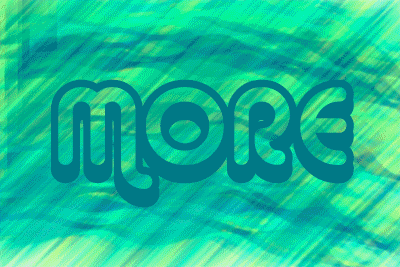
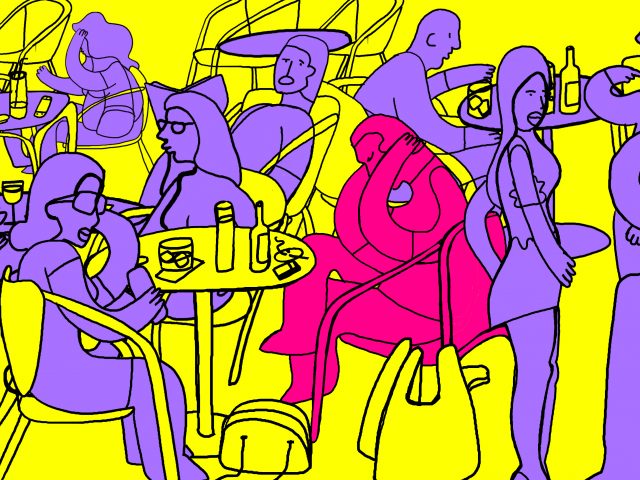
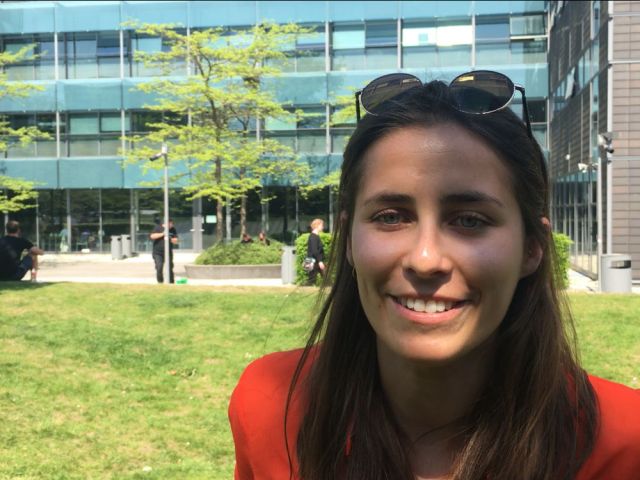
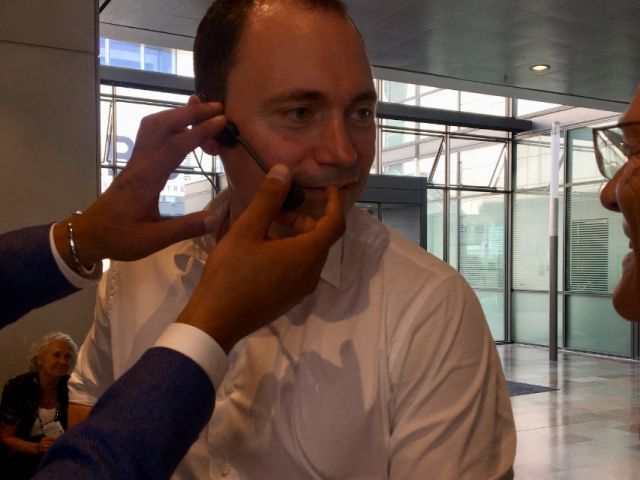
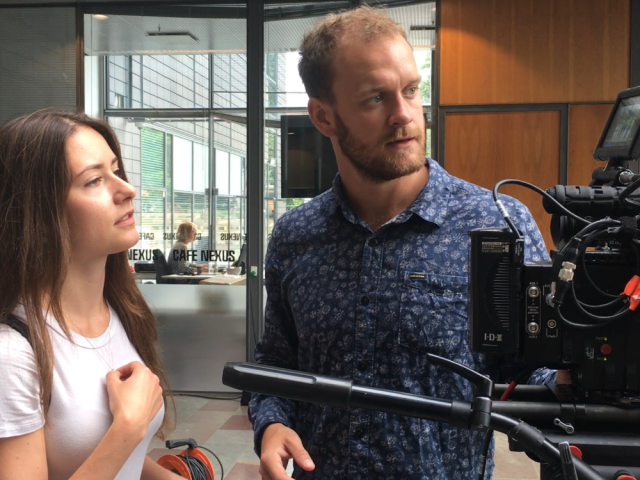
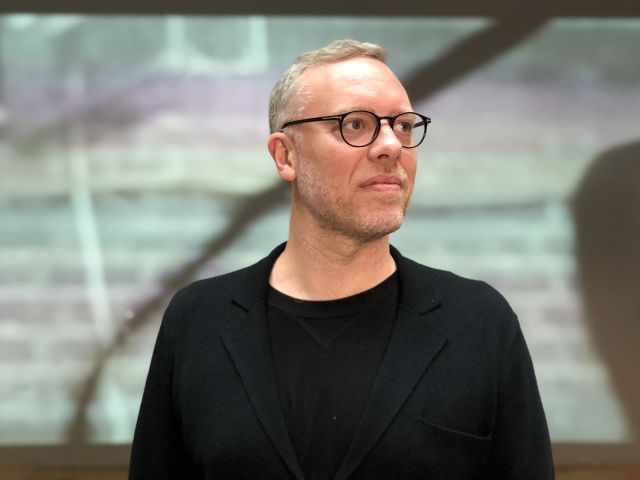
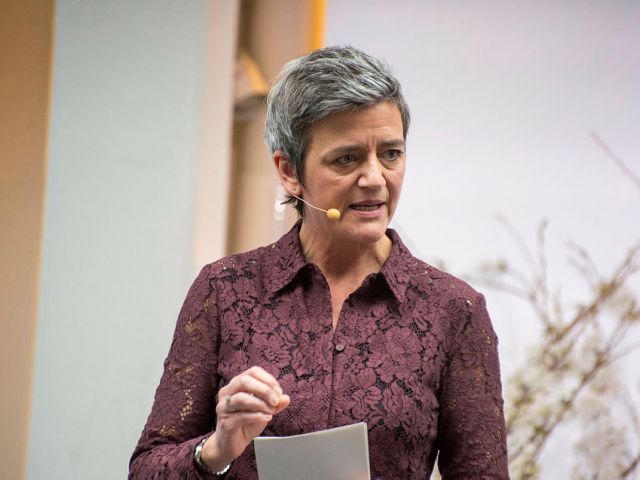




























































































































Comments